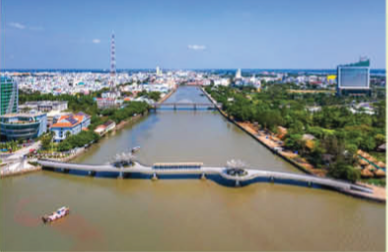Đọc Đoạn đoạn văn sau và trả lời câu hỏi.
Weather and Climate in Vietnam in Summer
In Summer, the average temperature across the country is 25 degree Celsius (23 degree Celsius in Hanoi, Hue with 25 degree Celsius, Ho Chi Minh City is 26 degree Celsius).
Vietnam features the specific tropical monsoon climate humid, with the summer is hot and rainy (called the rainy season) while winter is cold, the level of rainfall reduces (known as the dry season).
Vietnam is very hot in Summer, temperatures can reach 37°C, rain can appear suddenly in the afternoon, lasting about 1-2 hours
The form of wind in the North and South are different. Every time the wind blows, Hanoi still remain heat of the day, while the Southern is cool and pleasant
However, in late Summer, the temperature will be cool and more preferable.
Summer is the ideal time of year.People cango to the beach or somewheres with their family in their holiday.
35.What is the season from the passage?
__________________________________________________________________________
36.What is the weather like in the summer?
__________________________________________________________________________
37.What temperatures can summer in VN reach?
__________________________________________________________________________
38.Are the form of wind in the North and South same?
__________________________________________________________________________
Ex7:Viết lại câu sao cho nghĩa không thay đổi.
39. Does Phong’s school have forty classrooms ?
→ Are there…………………………………………………………………………………………………………………………..……..
40. My father usually drives his car to work.
→My father usually goes ……………..………….………………………………………………………………………..….…



































